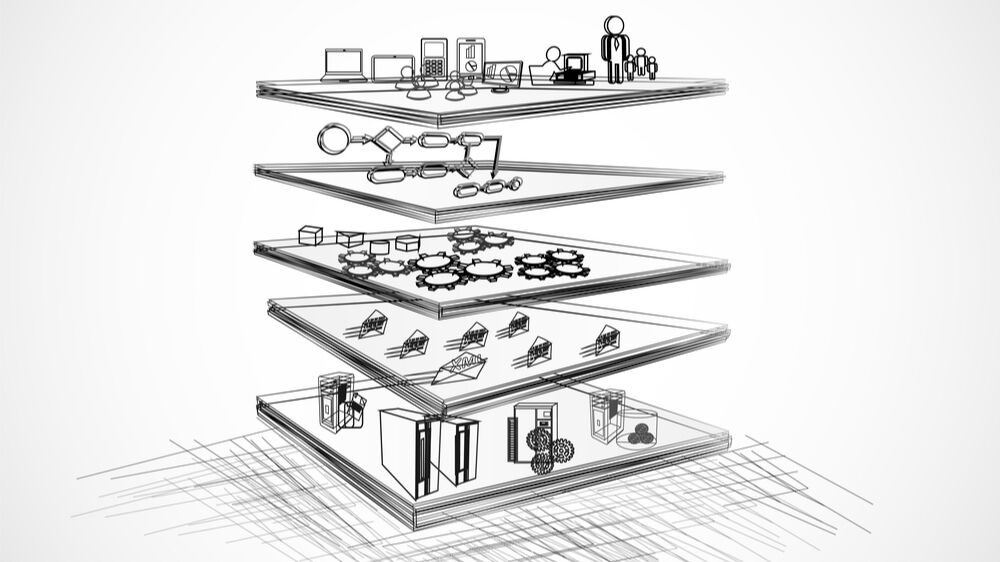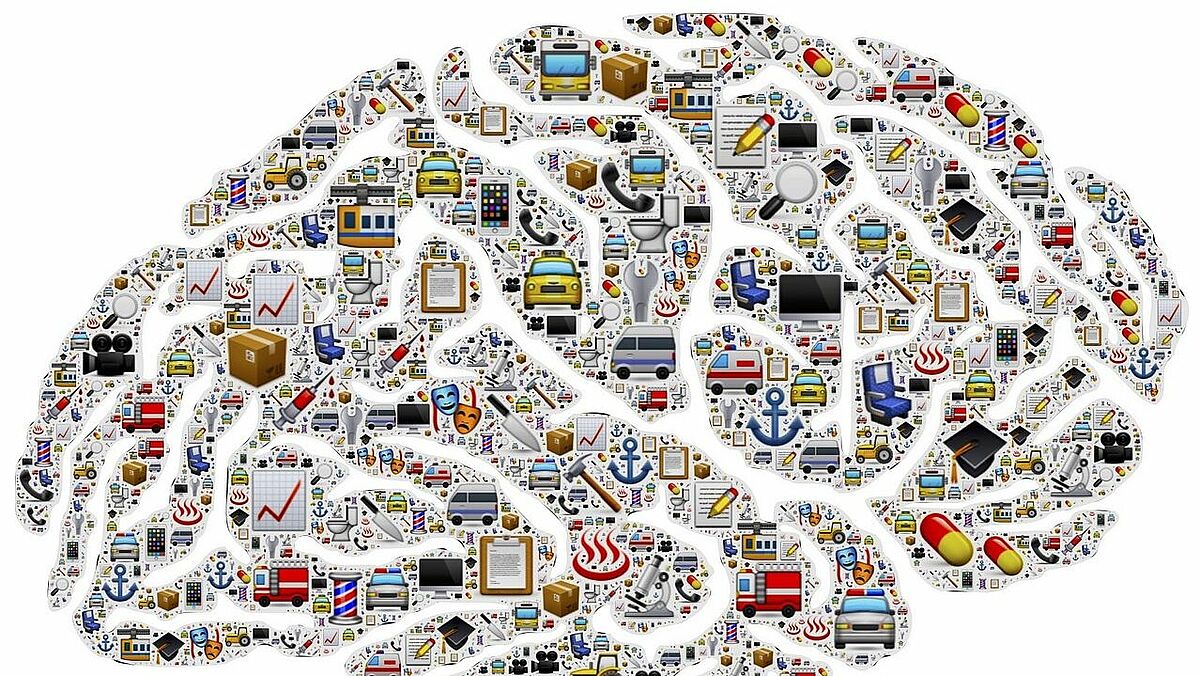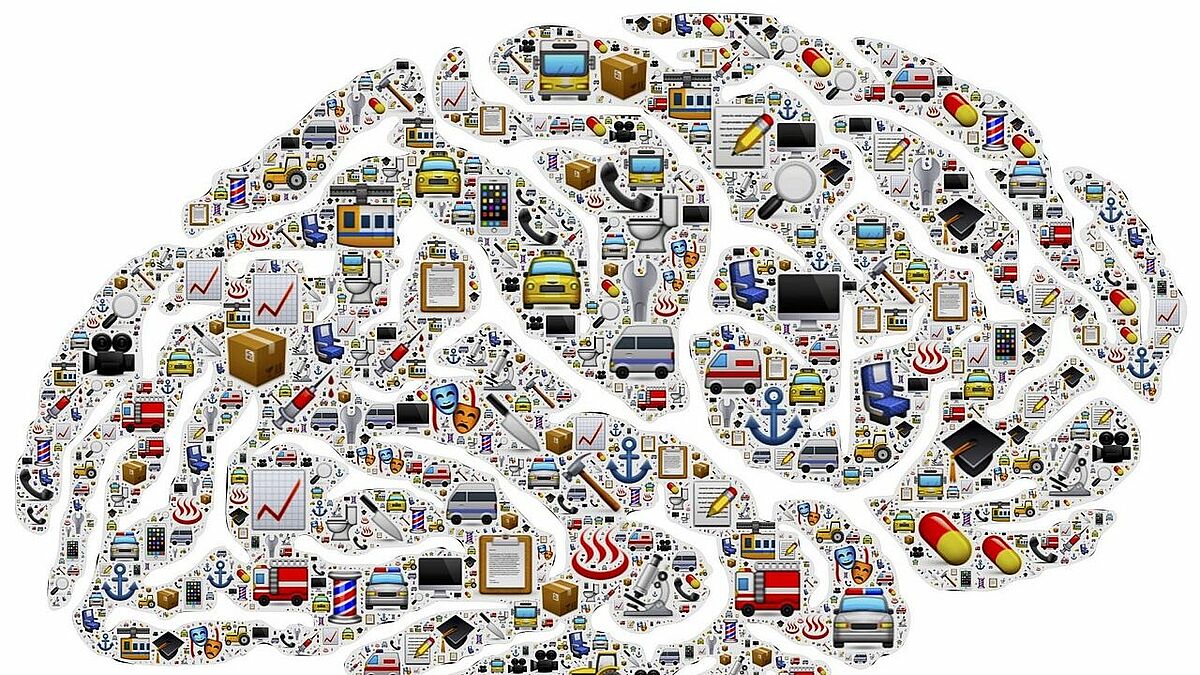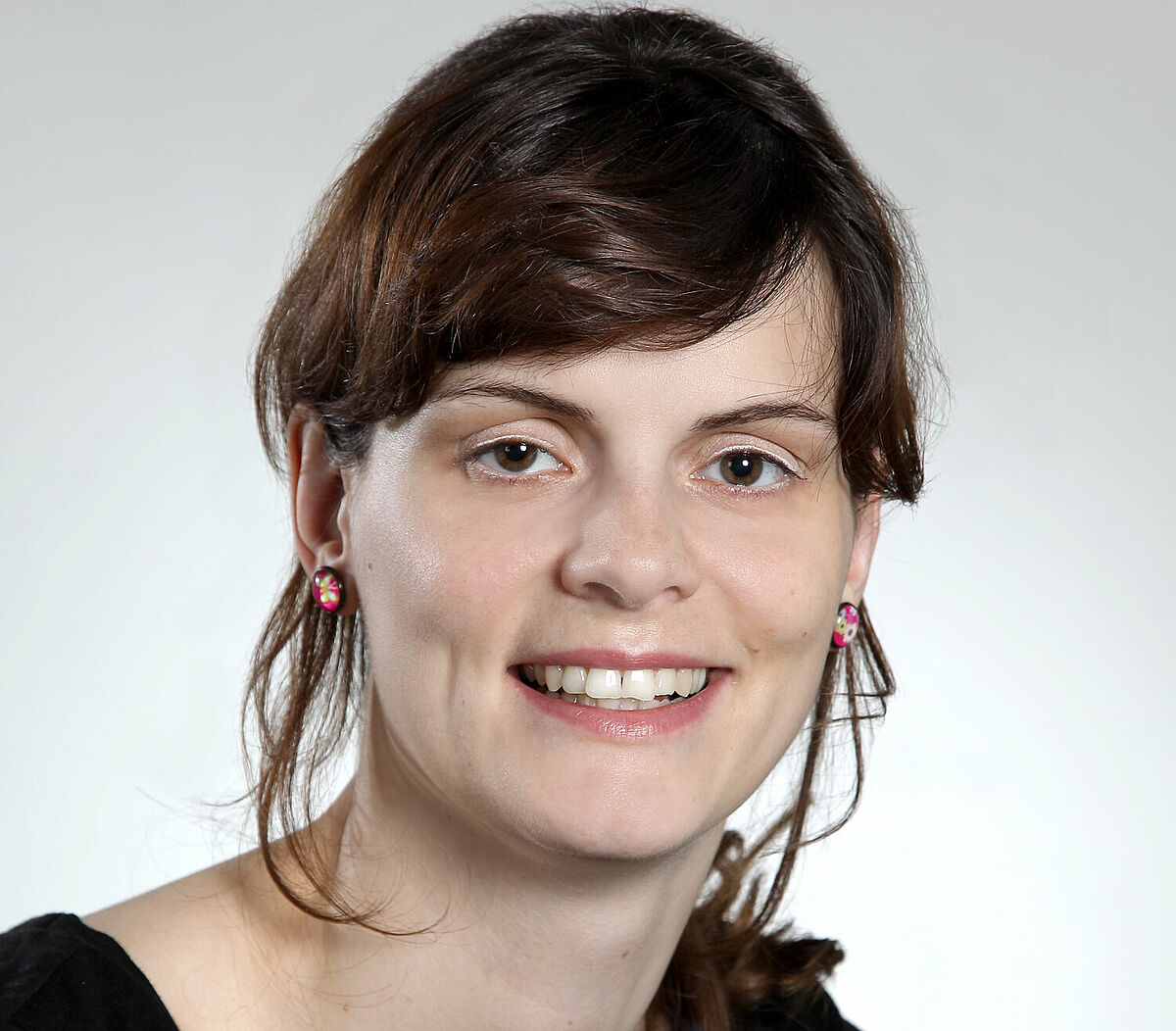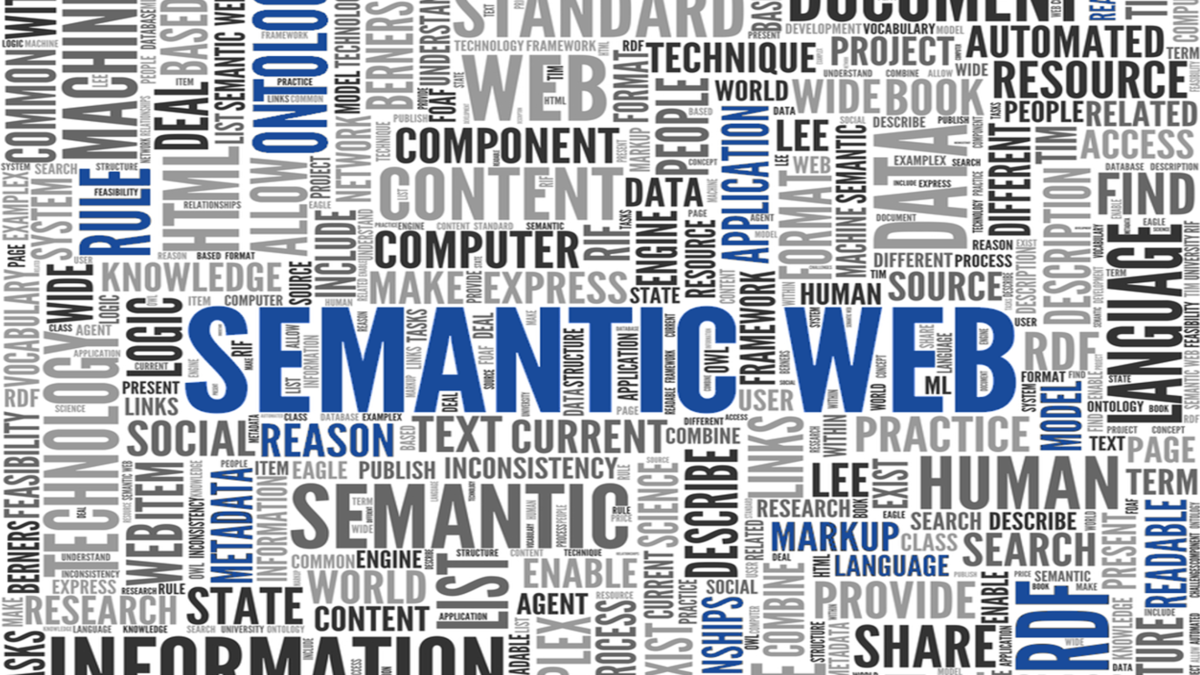IT-supported Occupational Self-Management to Promote Sustainable Productivity and Psychological Well-Being
Technological advances in recent decades and the shift to knowledge-intense work offer individuals wide personal and professional freedom regarding time, space, and task definition. At the same time, large self-responsibility and flexibility in modern work life can lead to high working pressure and requires the workforce to manage themselves effectively. Overtaxing workers’ self-management competencies can result in work behaviors through which they actively risk their health. Thus, supporting individuals’ self-management steadily grows in importance, especially to promote sustainable productivity and psychological well-being in this area of tension. The complexity of self-management behaviors and the reference to highly individual situations leave a need for personalized but scalable approaches to support.
Digital solutions can be an effective means for the integration of assistance into everyday life. The increasing use of various mobile devices and unobtrusive sensors enables new kinds of individual tracking and personalized feedback. However, there is a lack of research addressing digital assistance for self-management regarding the challenges of modern work life. This dissertation fills this gap and investigates how technology can especially contribute to self-manage sustainable productivity and psychological well-being. It provides an overview on the design space relevant for the construction of such systems assisting the workforce in their occupational self-management and showcases application areas. A series of contributions investigates various important aspects in engineering occupational self-management systems. The complex subject matter with its interdisciplinary nature spanning research traditions of several disciplines led to a large variety of methods used. An architecture is presented that conceptualizes a context-aware system integrating several data sources, analyses, and feedback options along with descriptions of implementation options of such a system in form of a technical infrastructure. Furthermore, human energy is presented as a key variable in occupational self-management regarding the challenges the workforce faces in these times. In this direction, especially the support in human energy self-management as prototypical instance of possible self-management assistance systems is investigated. An evaluation of the energy self-management approach has shown a positive effect of the technological assistance on the individual. Future research could deepen the understanding in this direction.
A Method for Reference Enterprise Architecture Development
Aiming at successful organizational transformation and Business-IT alignment, Enterprise Architectures (EA) provide a holistic picture of an organization. Therefore, EA models capture different perspectives of the organization at hand, i.e. strategy, organizational structures, business processes and its responsibilities, data models, application landscapes and IT infrastructures, and relates these perspectives with each other. Research in Enterprise Architecture Management (EAM) offers a plethora of frameworks, methods, modeling languages and tools to develop, deploy and analyze EA models. Using these, each organization holds its own individual EA. Still, they can be grouped together using characteristics (such as which industry they operate in) and, hence, share commonalities regarding their structure. Further, different organizations share the same environmental dynamics. Changes in their environment (e.g. of regulatory nature or technologic developments) might have similar consequences for different organizations. Here, reference models help to identify common structures and derive universally valid solutions using EA models. Organizations then can apply these reference EA models to their organizational specifics in order to use them for efficient and effective organizational transformation. Although there exist several reference models that refer to EA structures, research lacks a concrete methodical approach how to develop reference enterprise architectures.
The objective of this PhD project is to provide a method for the development of reference enterprise architectures. In this context, the it focuses on reference models for groups of organizations, that operate in a dynamic business environment. The method will be developed using a research design, which follows Design Science Research principles. The method will be validated by applying it to various case studies. Consequently, explicit reference EA models will be produced during the course of the project, which can be seen as artefacts of this endeavor themselves.
In this regard, several approaches of the reference modeling research domain will be applied. Relevant research issues are among others: At what point a reference EA can be understood as a reference? How to elicit the relevant data to develop a reference EA? How can approaches of reference modeling be applied to the structure of EA models? How can deductive and inductive approaches be integrated? Furthermore, the following issues from the EAM domain are addressed: What structure a reference EA model should follow? How can EA models be compared with each other? What approaches regarding EA analysis can be used for the project?
Enterprise Architecture Evolution Model
The central goal of the research work is the identification of Enterprise Architecture Management (EAM) capabilities and their transfer into a flexible feature-based measurement model, which contains both the methodology for determining and concepts for the further development of the corresponding EAM capabilities of the company. For many companies, knowledge of their enterprise architecture is crucial to their success. This success factor lies in the interrelationships between products, services and services, their production and delivery business processes, in the internal/external structures in both technical and organizational terms and, of course, essentially in the employees. The methods of enterprise modeling and EAM help to identify knowledge in companies by clarifying, recording and transparently documenting structures, processes and interrelationships for further use, as well as establishing planning and further development based on this. Nevertheless, it is a challenge for large as well as small and medium-sized companies to efficiently map the right information and the right knowledge within the framework of EAM, which is required for the evaluation and further development of enterprise architectures. To support this process, a capability model is to be developed and tested, which enables a simple performance assessment of EAM capabilities and proposes methodologies for their further development. For the development of the so-called Enterprise Architecture Evolution Model, already existing EAM approaches, KPI systems & methodologies will be tested for possible applications, handling and development over different life cycle phases as well as new studies & use cases will be developed with partners from the industry on this topic.
A Capability-based Context Modelling Method to Enhance Digital Service Flexibility
Today’s economy is characterised by rapid change and digitalization. The technological advances and the increasing globalisation of the economy require in many areas high adaptability of enterprises. In order to improve their chances of success, enterprises need to cope with the challenges caused by dynamic markets, regulations, customer demands, novel technologies, etc. This requires a constant adaptation and flexible design of service/ product offerings to gain competitiveness. Due to the strong paradigm shift towards service economy and aforementioned digitalization trend, this thesis tackles the flexibility problem from the perspective of enterprises offering digital services. The central question tackled throughout the work is hence ”from the methodological perspective, how can the design of digital services adaptable to changing requirements of the environ- ment be supported?”. In this respect, the thesis argues that the enterprises need to under- stand their application context to be able to offer flexible digital ser- vices. Furthermore, after analysing the state of research in Services Science, it concludes that different roles with varying backgrounds participate to design and implementation of digital services, which adds the need for alignment between those as a further challenge for flexibility. To fulfil this, the thesis suggests that capabilities can be used as an overarching term and a communication vehicle. The thesis has two main contributions to the scientific body of knowledge. First and foremost, by following Design Science Research (DSR) guidelines, it proposes Digital Enterprise Context Modelling Method (deCOM), a capability-based context modelling method that aims to increase digital service flexibility by means of conceptual modelling. Second, it combines the capability and service research streams, which is rarely found in the literature. Evaluated via differ- ent methods in a total of six evaluation episodes, the method has been iteratively developed in line with the feedback collected from vari- ous audiences. The results show that, although requiring an effort to learn, deCOM is a comprehensible, useful and well-documented method to elicit, identify and model the context of a digital service.
Towards Value-oriented Application of Knowledge Management Systems for SME
Knowledge Management Systems (KMS) and their application have been accepted as an approach for knowledge preservation, renewal and for systemic identification of knowledge in enterprises in practical experience for years. Yet, the practical implementation of KM approaches and the application of KMS in SME remains underreported in research, though due to the sparse resources available the application process remains challenging. These resources however are the reason for a strong value orientation in the KMS selection process in SME, yet a specific concept for the benefits to be expected is still to be elaborated.
Within this research project the described problem is to be addressed by the means of already existing success models (IS Success, KMS Success) as well as ideal architecture, which are to be assembled into a framework allowing a value-oriented implementation process of KMS in SME. The orientation towards value is an approach to be based on individual perception due to the immaterial characteristics of knowledge, as well as the lacking accountability of knowledge management activities.
One part of this research field is the determination of the knowledge need in SME, which should be the foundation of the framework. The research approach is based on the operationalization of existing success models and their transformation to concrete guidance by the means of case studies in SME.




